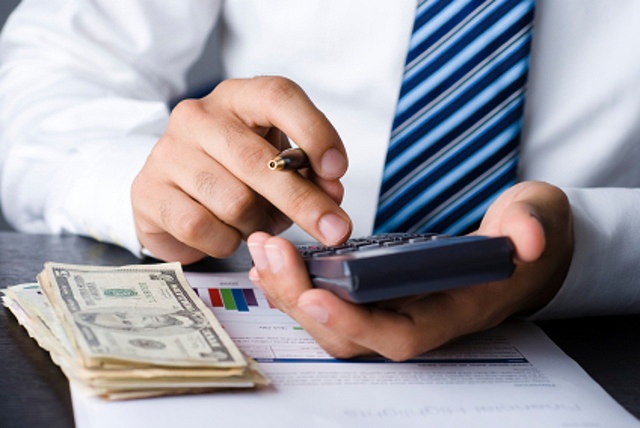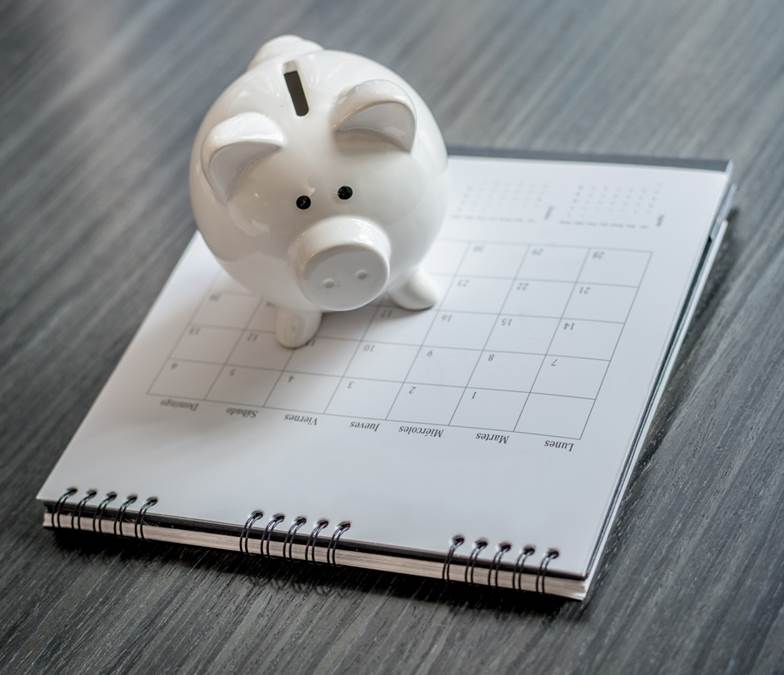How Accounting Practices Can Impact Your Financial Well-Being
There are many aspects of a business that a business owner has to be mindful. These elements include providing a quality product and excellent...
2 min read
![]() First Alliance Credit Union
:
Jun 7, 2017 1:27:24 PM
First Alliance Credit Union
:
Jun 7, 2017 1:27:24 PM

You may have prepared yourself for a disaster by storing water, flashlights, and your emergency supplies bag, but are you ready financially if a natural disaster strikes? Is your savings ready if disaster strikes?
If there comes a need to evacuate, you may need to file an insurance claim or apply for a disaster loan. Organizing your important financial papers ahead of time can be very beneficial to you and save you from a lot of stress. It's important to have your savings ready if disaster strikes.
Below are a few things to consider that may tell you whether you are financially ready for a disaster or not.
Take time to have a discussion with your insurance agency to go over the fine print of your policy and discuss different real-life scenarios. Don’t wait until it’s time to make a claim to know what your insurance covers. It is better if you do it now. For example, see if your insurance details out the following:
In the aftermath of a disaster, it will be difficult for you to accurately recall all of the contents of your house. Having an inventory of your belongings will help you go through insurance claims much more smoothly, and you will end up with a better settlement.
For your most important financial and legal documents and records, make three copies of each in two different formats and keep one copy off-site. With certain disasters affecting the whole region, you may want to keep a backup disk some distance away and send it to a relative living in a different state.
Keeping the original document in a safe deposit box can work wonders, or if you are more comfortable with keeping the documents at home, make sure you keep them in a safe that is waterproof and fireproof.
After you have made copies of the original documents, keep the originals in the deposit box or safe. These documents may include:

Place a bag with the copies of all the documents you have in your safe deposit in a convenient place, so you can grab it as you leave in an emergency. These papers can include the following:
For insurance claims or tax losses:
For loan applications:
Also,
After a disaster, ATMs may not work, or financial institutions could be closed. Therefore, it is best if you keep extra cash in your bag for at least three days of expenses for the family.
In case you are not there to help your family through a disaster, you should keep a letter of intent in your financial to-go bag. It can help your family by giving them instructions and information in case someone is seriously injured or worse. Include in it the location of the documents, names and contact numbers that can help them in time of a disaster.
Taking time to prepare yourself for a disaster can help save you a lot of money and headaches. It will also help you in reducing your anxiety in an inevitably stressful time. Being prepared now is better than scrambling at the last minute or waiting until it’s too late.

There are many aspects of a business that a business owner has to be mindful. These elements include providing a quality product and excellent...

We've all wanted to help our spouse, our kids, our family members, even friends, financially from time to time. Sometimes that can mean letting them...

A great tool for earning interest on your money is a Certificate of Deposit (CD). A CD is essentially an agreement between you and your credit union...